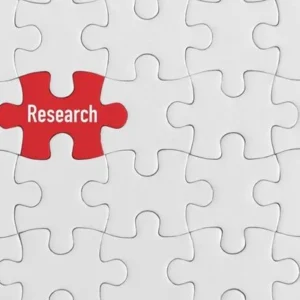In an increasingly unpredictable global economy, investments in the socio-economic transformation of rural areas are essential to building a more stable and prosperous world. This is the message Alvaro Lario, President of the International Fund for Agricultural Development (IFAD), is bringing to the 80th UN General Assembly in New York, urging the international community to view rural development as a cornerstone of global security.
“Global stability and security take root when we unlock a path to a brighter future for rural people and deliver quality of life and job opportunities,” said Lario, who leads the only International Financial Institution focused exclusively on rural development.
Rural areas are home to 80 per cent of the world’s poorest people. Investing in these communities strengthens food security, expands economic opportunities, and builds resilience to climate change for over three billion people living in rural areas of developing countries. IFAD points to clear returns on such investments: in Senegal, one project enabled 10,000 young women and men to return to rural areas, where they now earn up to seven times the national minimum wage.
Amid declining development aid, countries are seeking sustainable financing to continue progress. “The present and future of development finance lies in smart and effective partnerships that align public goals with incentives that attract private investors,” said Lario. IFAD is working to bridge public resources, private funds, and rural communities, treating small-scale producers as entrepreneurs and business owners. Through innovative financing tools, IFAD has made rural development both investable and transformative, with its Private Sector Financing Programme mobilizing US$165 million in co-financing, nearly half from private investors.
IFAD will also participate in discussions on UN reform, described by the Fund as “a healthy exercise to ensure focus, delivery and impact.” With one of the lowest cost structures among international financial institutions, IFAD has enhanced efficiency and organizational agility. Recent reforms have saved US$5.5 million through decentralization and nearly halved project design and disbursement times, among other improvements.
By highlighting the critical role of rural development, IFAD underscores that thriving rural communities are not just a matter of economic growth—they are a vital foundation for global stability and security.







